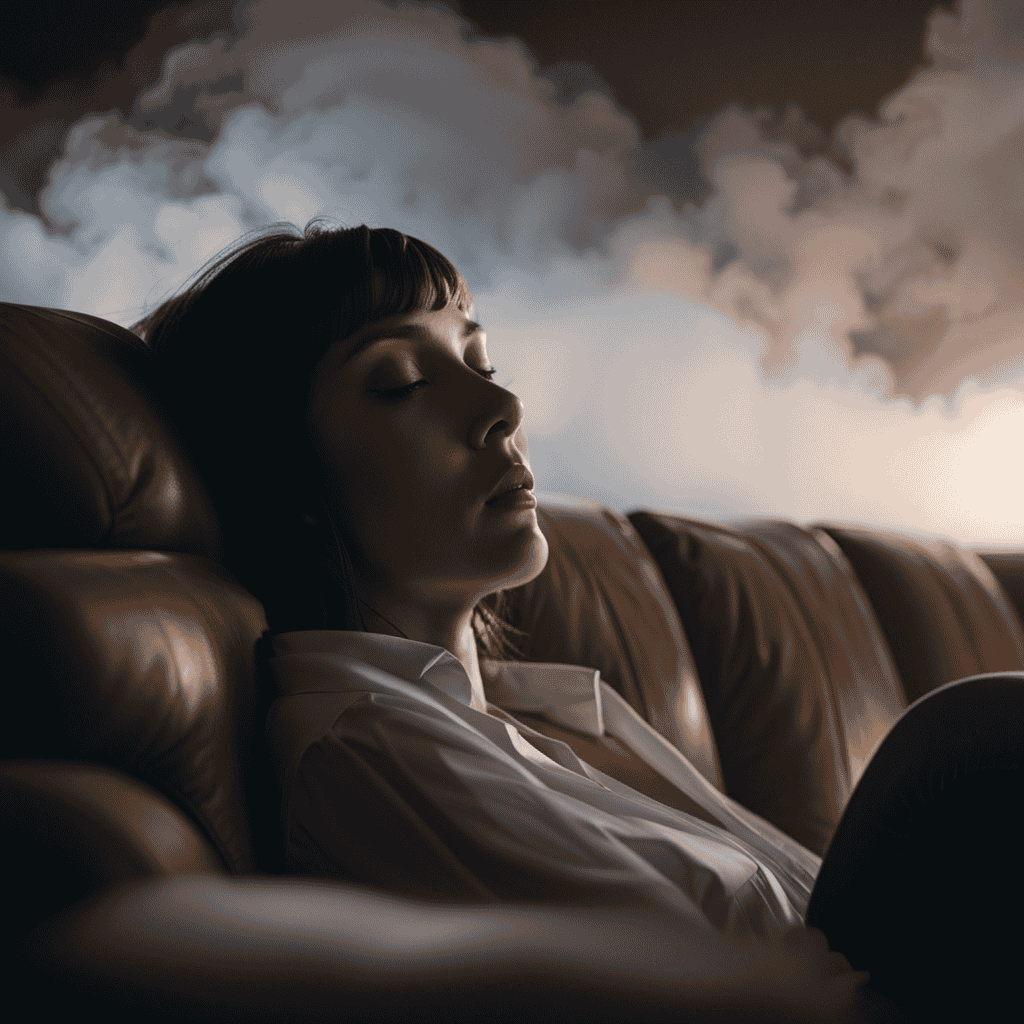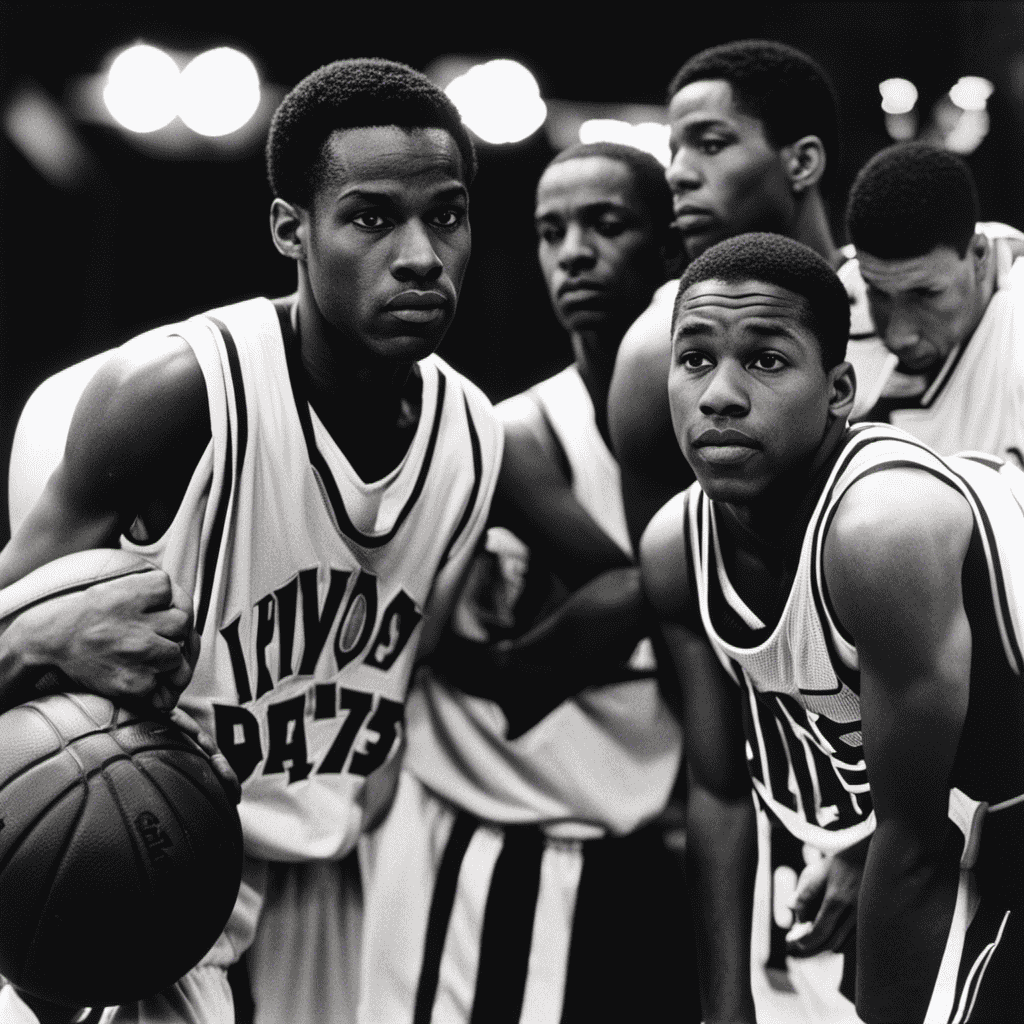Every day, many people go through the puzzling experience of fainting. With an estimated 3.5% of the population having fainted at least once in their lives, fainting is a common occurrence that frequently leaves individuals confused and in search of explanations. Yet, beyond the temporary loss of consciousness, there is a captivating link to the world of dreams.
This article delves into the intriguing relationship between fainting and dreaming, shedding light on the potential overlap between these two enigmatic experiences. By examining the causes, triggers, symptoms, and effects of fainting, we can begin to unravel the complex interplay between the unconscious mind and the physiological processes that underlie fainting. Moreover, we explore the possibility of dreaming during fainting episodes and the implications it may have for our understanding of the human mind.
Ultimately, this exploration aims to deepen our comprehension of the intriguing connection between fainting and dreaming, unraveling the mysteries that shroud these extraordinary experiences.
Key Takeaways
- Fainting can sometimes be accompanied by vivid dreams or hallucinations, but others may not remember anything during the episode.
- Reduced blood flow to the brain during a fainting episode can cause confusion or memory loss.
- Fainting can be caused by various factors such as a drop in blood pressure, dehydration, medications, or underlying medical conditions.
- Dreams of fainting can occur due to physical sensations or previous experiences, but they can also be triggered by anxiety, stress, or exposure to fainting scenes in movies.
Fainting Basics
Fainting, also known as syncope, is a temporary loss of consciousness caused by a decrease in blood flow to the brain, often triggered by factors such as standing up too quickly or experiencing pain or fear.
While fainting is primarily a physiological phenomenon, it can also have psychological implications. The psychological impact of fainting can vary from person to person, with some individuals experiencing anxiety or fear of future episodes.
Additionally, fainting can play a role in sleep disorders. Some studies suggest that fainting may be associated with certain sleep disorders, such as narcolepsy or sleep apnea. Understanding the relationship between fainting and sleep disorders can provide valuable insights into the underlying mechanisms and potential treatment approaches for these conditions.
Further research is needed to fully elucidate the connection between fainting and sleep disorders.
Causes and Triggers
Can the circumstances that lead to a loss of consciousness be attributed to specific factors or conditions? Fainting triggers can vary and may be influenced by a combination of physiological and psychological factors. While the most common triggers for fainting include standing up too quickly, pain, fear, or donating blood, there are other factors that can contribute to this phenomenon. Psychological factors such as stress, anxiety, or exposure to fainting scenes in movies can also play a role in triggering fainting episodes. It is important to note that fainting can be a symptom of an underlying medical condition, such as low blood pressure or generalized tonic-clonic seizures. To provide a clearer understanding of the triggers and conditions related to fainting, the following table presents some common factors associated with fainting:
| Fainting Triggers | Psychological Factors |
|---|---|
| Standing up quickly | Stress |
| Pain | Anxiety |
| Fear | Exposure to fainting scenes in movies |
| Donating blood | Emotional distress |
| Dehydration | Panic attacks |
This table illustrates the diverse range of triggers and psychological factors that can contribute to fainting episodes. Further research is needed to fully understand the complex interplay between these factors and the occurrence of fainting.
Symptoms and Effects
The symptoms and effects of fainting can vary depending on the individual and underlying causes. It is important to note that fainting is a temporary loss of consciousness caused by a decrease in blood flow to the brain.
During a fainting episode, individuals may experience dizziness, lightheadedness, and nausea. In some cases, fainting can be accompanied by vivid dreams or hallucinations, while others may not remember anything. The reduced blood flow to the brain during fainting can also cause confusion or memory loss.
The psychological impact of fainting can be significant, as individuals may feel disoriented and confused upon regaining consciousness. Dream interpretation can also play a role in understanding the meaning behind dreams of fainting. While remembering dreams does not indicate an underlying medical condition, dreams of fainting may be influenced by anxiety or fear of losing control.
Further research is needed to fully understand the connection between fainting and dreams, and the psychological implications it may have on individuals.
Dreaming During Fainting
During episodes of syncope, the brain’s transition from consciousness to unconsciousness may offer insights into the nature of dreaming. While fainting is characterized by a temporary decrease in blood flow to the brain, the specific brain activity during fainting and its relationship to dreaming remains a subject of scientific investigation. It is known that fainting shuts down non-essential functions, including dreaming, as the brain prioritizes restoring blood flow and consciousness.
Studies suggest that the brain usually enters a state of shutdown before entering a dream state during a fainting episode. However, the exact mechanisms and neural correlates of dreaming during fainting are not yet fully understood. Further research is needed to unravel the intriguing connection between fainting and dreaming, shedding light on the brain’s functioning during altered states of consciousness.
When to Seek Medical Help
Seeking medical help is essential when experiencing frequent fainting spells or symptoms that last longer than a few minutes after regaining consciousness. Fainting can sometimes be a symptom of underlying medical conditions that may require further evaluation and treatment. It is important to consult a healthcare professional to determine the cause of the fainting episodes and to rule out any serious underlying health issues.
Some potential underlying medical conditions that may cause fainting include generalized tonic-clonic seizures, low blood pressure, or cardiac arrhythmias. In addition to fainting, accompanying symptoms such as chest pain or shortness of breath should also prompt a visit to a doctor.
Timely medical intervention can help diagnose and manage any underlying conditions, ensuring the overall well-being and safety of the individual experiencing fainting episodes.
Conclusion
In conclusion, the intriguing connection between fainting and dreaming highlights the complex nature of the human mind and body.
Fainting, a temporary loss of consciousness caused by reduced blood flow to the brain, can be triggered by various factors and accompanied by symptoms such as dizziness and nausea.
While fainting typically shuts down non-essential functions like dreaming, some individuals may experience unconscious dreaming during deep sleep.
This phenomenon may indicate underlying anxiety or fear of losing control.
It is important to seek medical evaluation for frequent fainting spells or prolonged symptoms, especially if accompanied by chest pain or shortness of breath.









